I'm Rob Thomas, Ph.D. I specialize in developing and teaching transformative educational experiences across a diverse range of subjects; from video game studies to San Francisco modernism to the philosophy of Rick and Morty, and beyond. Over the past nine years, my work has focused on the transformative potential of online learning, particularly fully asynchronous (non-Zoom-based) teaching. I care passionately about creating engaging, accessible, and impactful learning experiences that meet the needs of all my students.
SELECT COURSE WEBSITES SELECT COURSE WEBSITES
Video Game Studies Video Game Studies
This fully online course is is an experiment in thinking with and through video games. A choose your own adventure class where students play video games of their own choosing, while studying challenging scholarship in interdisciplinary and cross-cultural fields of knowledge. We will think seriously about the relation between video games and our everyday lives. How can we use video games to think about the world we inhabit and how that world came to be? In short, how can we make use of videos games as a paradigm, a way of thinking-in-images, about the historical present. This course satisfies upper division elective requirements in the new Video Game Studies (VGS) minor at SFSU. The course will be taught for the first time in spring 2023.
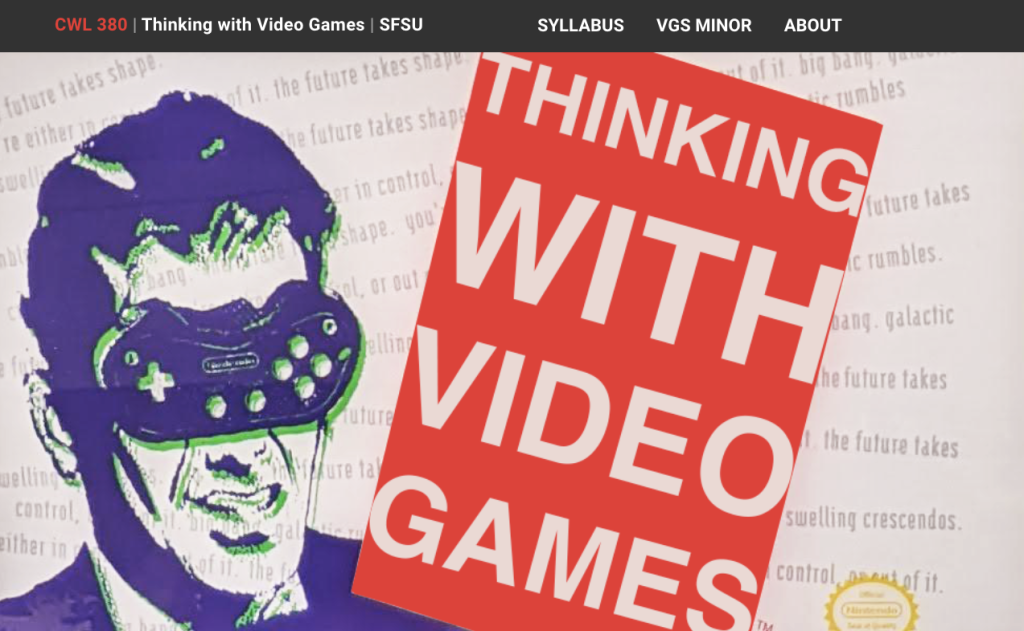
Warning: Trying to access array offset on value of type null in /srv/users/serverpilot/apps/theorist/public/wp-content/plugins/elementor-extras/modules/devices/widgets/devices.php on line 2016
Warning: Trying to access array offset on value of type null in /srv/users/serverpilot/apps/theorist/public/wp-content/plugins/elementor/includes/controls/groups/image-size.php on line 110

Warning: Trying to access array offset on value of type null in /srv/users/serverpilot/apps/theorist/public/wp-content/plugins/elementor-extras/modules/devices/widgets/devices.php on line 2016
Warning: Trying to access array offset on value of type null in /srv/users/serverpilot/apps/theorist/public/wp-content/plugins/elementor/includes/controls/groups/image-size.php on line 110
San Francisco Modernism San Francisco Modernism
This fully online course studies the cultural life of San Francisco from its days as a Spanish settlement named Yurba Buena to the present as something coextensive with modernity. This is a fun class where we learn about the cultural life of the city, including all the dirty stories from the 19th century, the gossip, and the unique characters and places of San Francisco. The course thinks seriously about place and exclusion, the genocide of native peoples, and the history of race in SF, particularly with regard to Chinatown and the Chinese Exclusion Act. The course studies gender and its constructions, sexuality, nature, commodification, prostitution, image and spectacle as they relate to everyday life in SF modernities. This course has been taught as both fully online, hybrid, as well in a traditional classroom setting. This is a CSU CourseMatch class.
Images of Eroticism Images of Eroticism
This fully online course thinks the history of pornography in relation to modernism/modernity, studying pornography as a genre as well as a uniquely modern social apparatus. Recent Feminist theory, porn studies, modernism/modernity, queer theory, and poststructuralism provide the theoretical ground for the class. The course studies a wide range of forms of sexual expression, particularly as they relate to constructions of gender, race, class, and sexuality. This course has been certified as Quality Learning and Teaching (QLT) course by Academic Technology at San Francisco State University and been taught as HyFlex, fully online, as well as in a traditional classroom setting. This is a CSU CourseMatch Class.
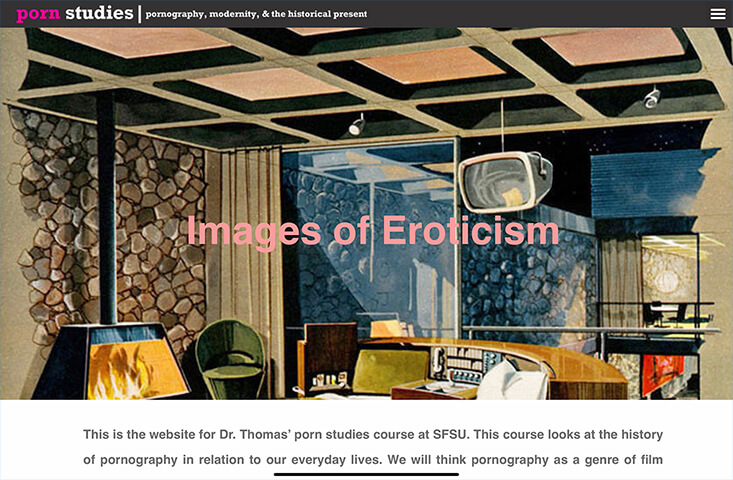
Warning: Trying to access array offset on value of type null in /srv/users/serverpilot/apps/theorist/public/wp-content/plugins/elementor-extras/modules/devices/widgets/devices.php on line 2016
Warning: Trying to access array offset on value of type null in /srv/users/serverpilot/apps/theorist/public/wp-content/plugins/elementor/includes/controls/groups/image-size.php on line 110
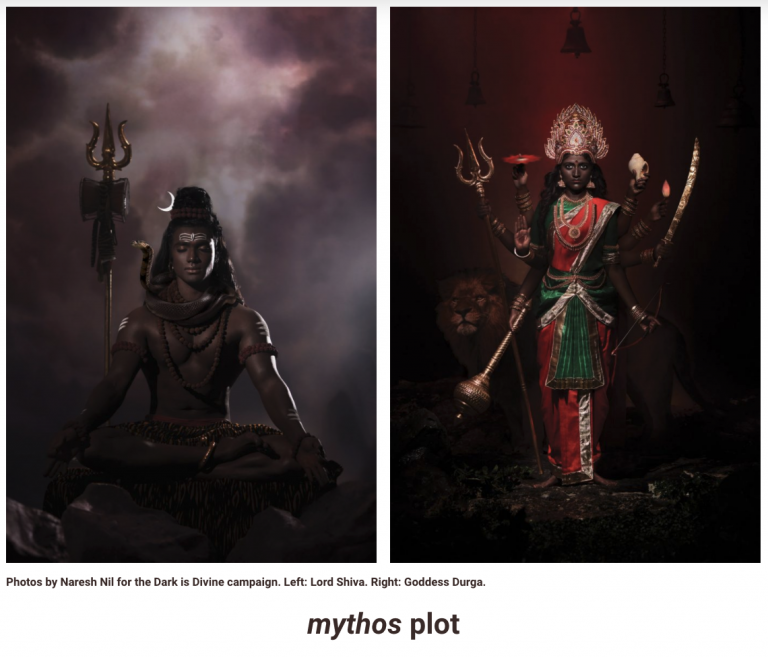
Warning: Trying to access array offset on value of type null in /srv/users/serverpilot/apps/theorist/public/wp-content/plugins/elementor-extras/modules/devices/widgets/devices.php on line 2016
Warning: Trying to access array offset on value of type null in /srv/users/serverpilot/apps/theorist/public/wp-content/plugins/elementor/includes/controls/groups/image-size.php on line 110
Myths of the World Myths of the World
This course explores a series of really hard problems. What is myth? What is the function of myth in relation to different cultures and historical time periods? What does the study of myth teach us about the formation of different cultures, as well as our own peculiarly modern era? And what does myth have to teach us about truth and lies? Finally, how can we productively think the relation between myth and our everyday lives, today?
This course is an experiment in thinking mythos. From cheesy documentaries about mythology (Myths and Monsters),to theorists of mythology (Roland Barthes, Lewis Hyde), and classists (Mary Beard), we will study the trickster mythology of indigenous peoples, look at the relation between the superhero and ancient myth, think seriously about Rick and Morty, study the uniquely modern myth of race, read selections from Pu Songling’s Strange Tales from a Chinese Studio (Liaozhai zhiyi) (1679), think about Plato and the myth of Atlantis, and read and analyze selections from Ovid’s Metamorphosis and study the myth of Medusa
Bay Area Culture Bay Area Culture
This fun course thinks critically about the larger social, cultural, historical, aesthetic and technological and economic aspects of modern Bay Area Culture. How can we think about the Bay Area in relation to uniquely contemporary problems like our relationship to technology and economic development? This course studies the surprising pre-history of our life with screens and hand-held electronic devices (General Magic), time-travels to the 19th century to study the work of Eadweard Muybridge, studies the life and work of science fiction writer Philip K. Dick, the history of the Black Panther movement, as well as the history of the indigenous peoples of the Bay Area. We will read selections from Malcolm Harris’ Palo Alto: A History of California, Capitalism, and the World, and study the history of video games in the Bay Area. This course is meant to be a fun and thoughtful way to begin to think Bay Area Culture in relation to our everyday lives.
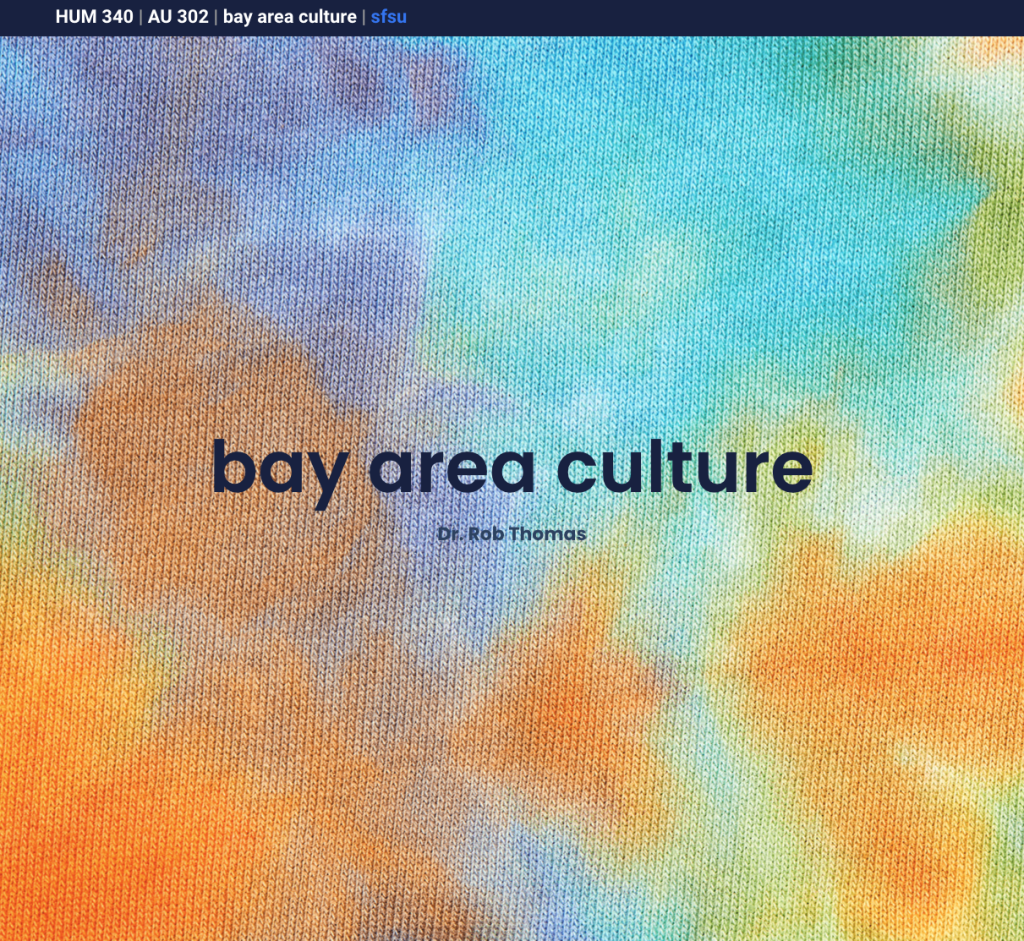
Warning: Trying to access array offset on value of type null in /srv/users/serverpilot/apps/theorist/public/wp-content/plugins/elementor-extras/modules/devices/widgets/devices.php on line 2016
Warning: Trying to access array offset on value of type null in /srv/users/serverpilot/apps/theorist/public/wp-content/plugins/elementor/includes/controls/groups/image-size.php on line 110

Warning: Trying to access array offset on value of type null in /srv/users/serverpilot/apps/theorist/public/wp-content/plugins/elementor-extras/modules/devices/widgets/devices.php on line 2016
Warning: Trying to access array offset on value of type null in /srv/users/serverpilot/apps/theorist/public/wp-content/plugins/elementor/includes/controls/groups/image-size.php on line 110
Melodrama and Society Melodrama and Society
This course comparatively reads the melodramas of Douglas Sirk, Todd Haynes, and Ranier Werner Fassbinder alongside the concept of dispositif (apparatus, or concrete social formation) in the social theory of Michel Foucault, Giorgio Agamben, and Mauricio Lazzarato. How does the form of melodrama uniquely inform our understanding of the production of subjectivity—particularly around race, gender, sex, and class—and “governing” in the historical present? This course has been taught as fully online, hybrid, as well as in a traditional classroom setting.
"Deep End Scene Commentaries"
"Prison Iconography in Sirk"
"Welcome to Myths of the World"
"Welcome to San Francisco"
THOUGHT-IMAGES THOUGHT-IMAGES
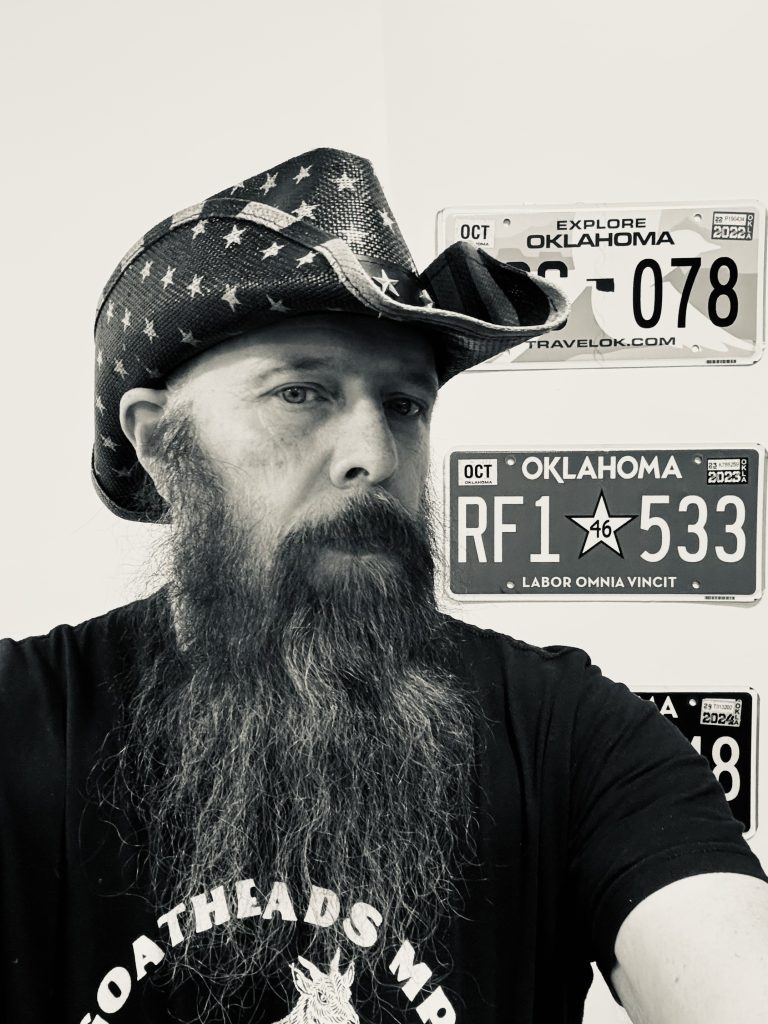
I'm a full-time Lecturer Faculty in the Department of Humanities and Video Game Studies at San Francisco State University.
My courses are broadly concerned with the relationship between contemporary culture and the history of Western philosophy, with particular emphasis on modernism/modernity, theories of the image, affect, global cinema, San Francisco modernisms, political economy, race, gender, images of sexuality, performance and performativity, narratives of bearing witness, world mythology and the design.
Since 1998, my pedagogy has used the proliferation of the image in capitalist societies as a means to teach the language of philosophical abstraction. My dissertation, "Broken: Thought-Images of Life in the State of Exception" (2005), presented an untimely reading of Benjamin, Foucault, Deleuze, Debord, and Agamben, alongside art work from David Wojnarowicz, cinema from Tsai Ming-Liang, Kathryn Bigelow, Todd Haynes and Douglas Sirk, grounded in my experience of homelessness, presenting an original theory of affect in the state of exception. Since 2016, my teaching has brought together ways of thinking-in-images, theories of language, performativity and performance, together with the transformative potential of online learning. I have found this latter work to be among the most challenging and rewarding of my career.I studied with Giorgio Agamben in the seminars on "The Time That Is Left" (Il tempo che resta) in 1999 at UC Berkeley.
I hold a Ph.D. in Comparative Literature from the Program in Philosophy, Literature, and the Theory of Criticism at the State University of New York (SUNY), Binghamton (2005), MA in Instructional Design & Technology from San Francisco State University (2022), M.A. in Philosophy from SUNY, Binghamton (2004), M.A. in Humanities from San Francisco State University (2000), B.A. in Liberal Arts from Evergreen State College (1997).